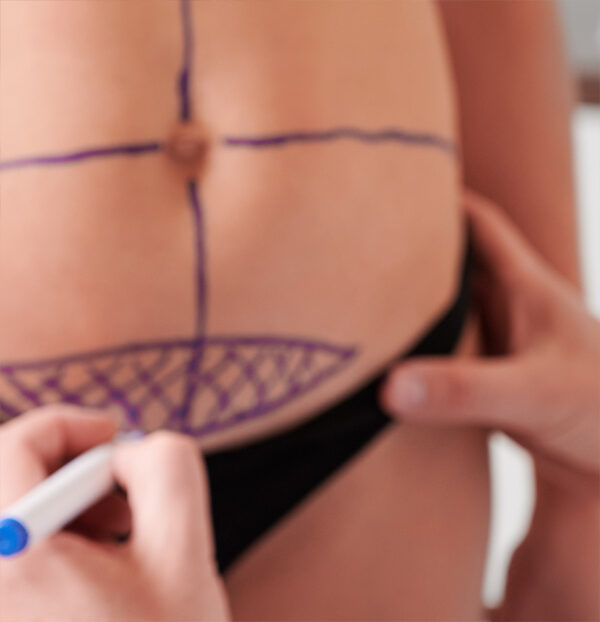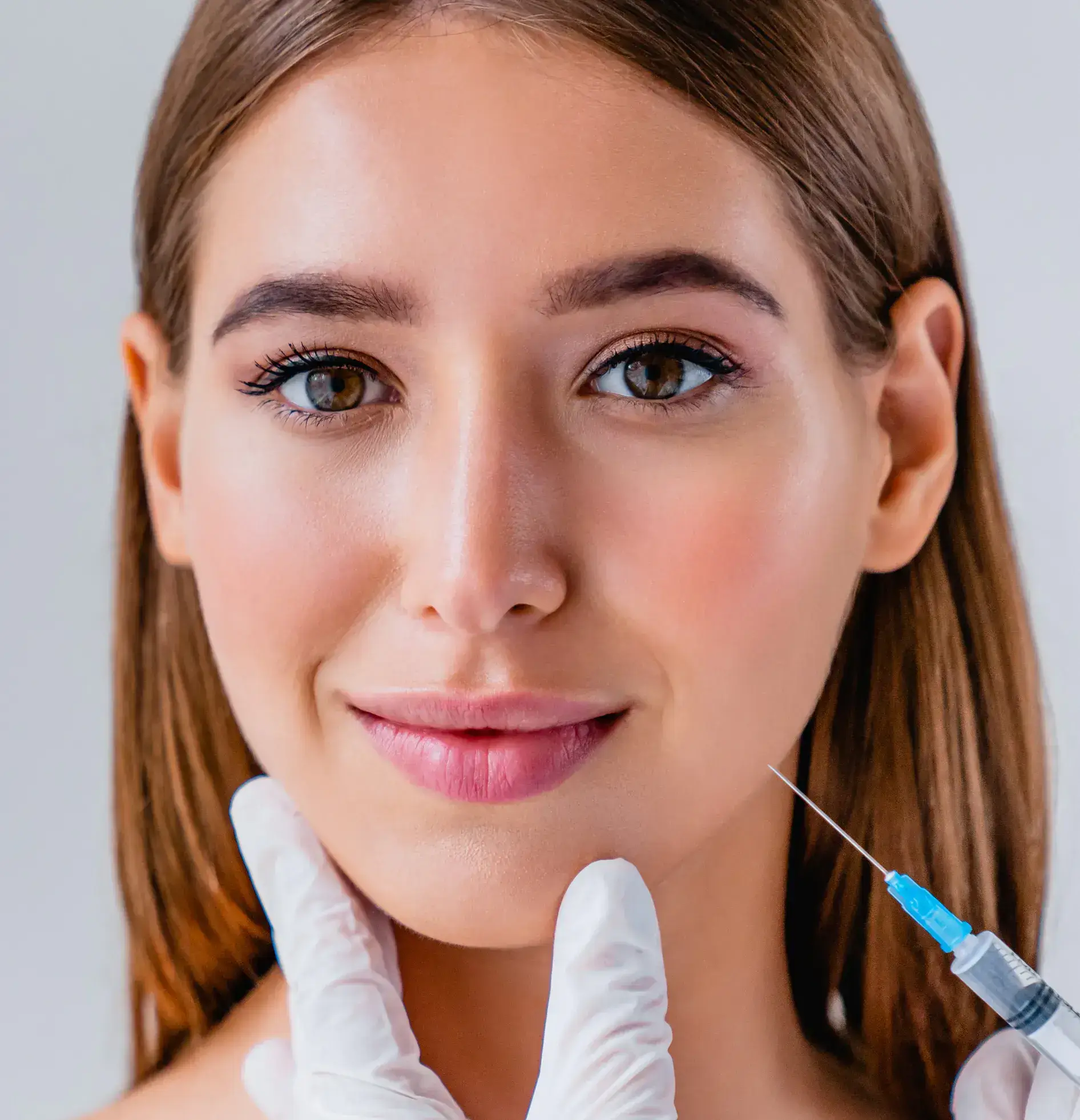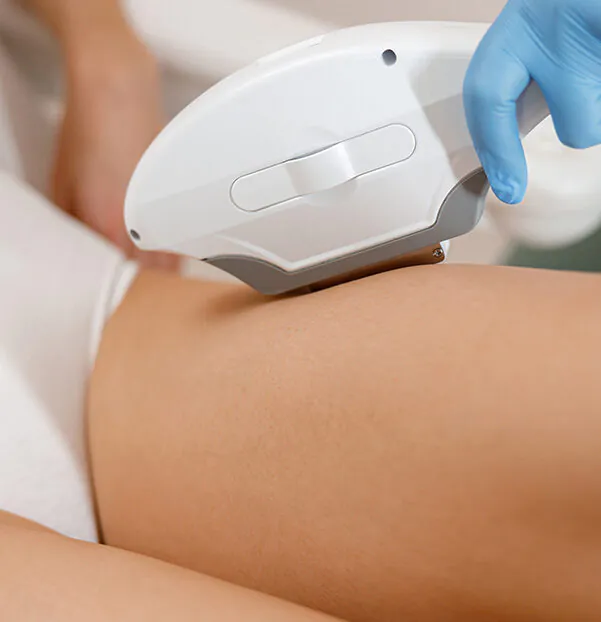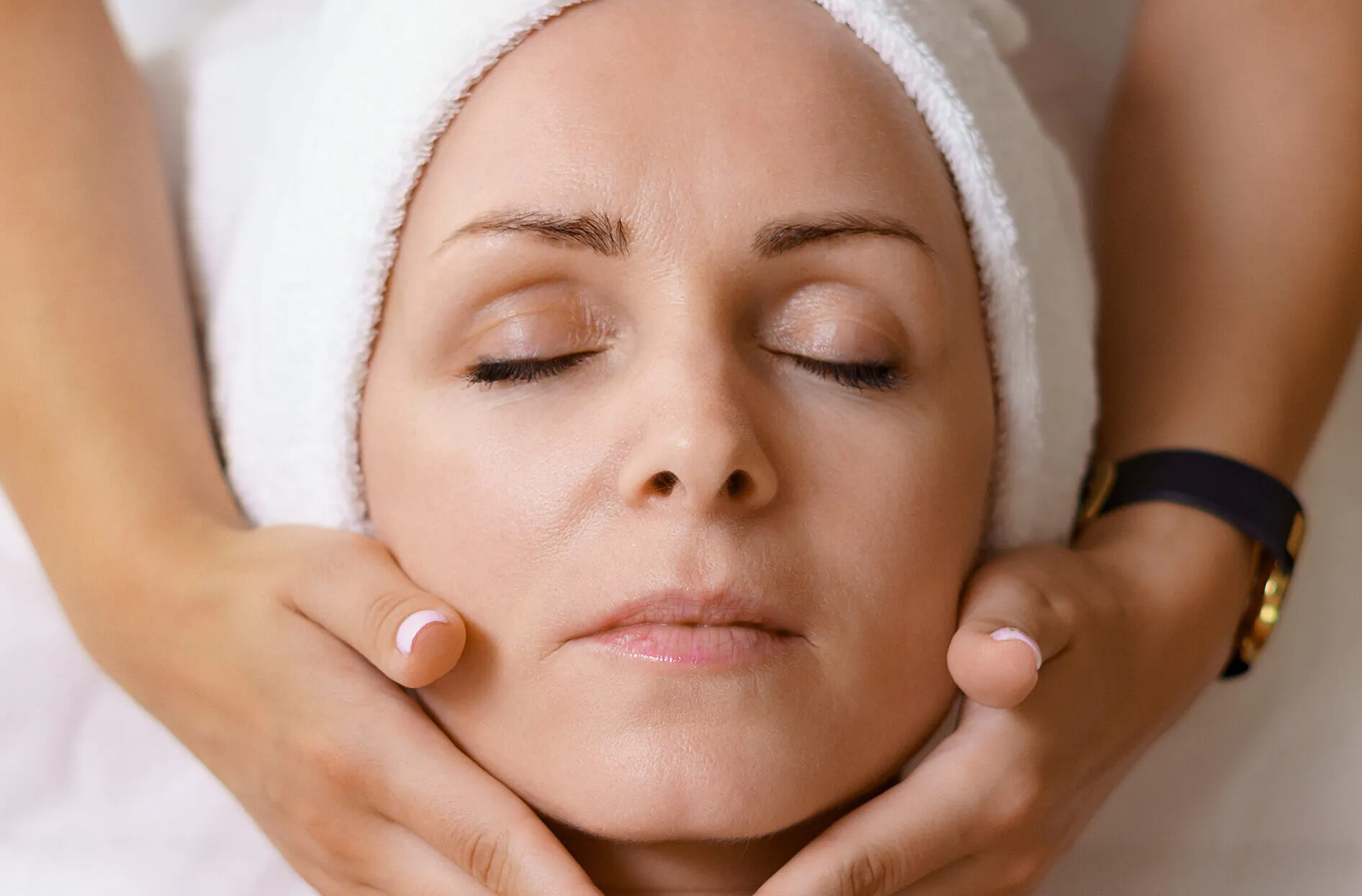Reduce Acne Scarring
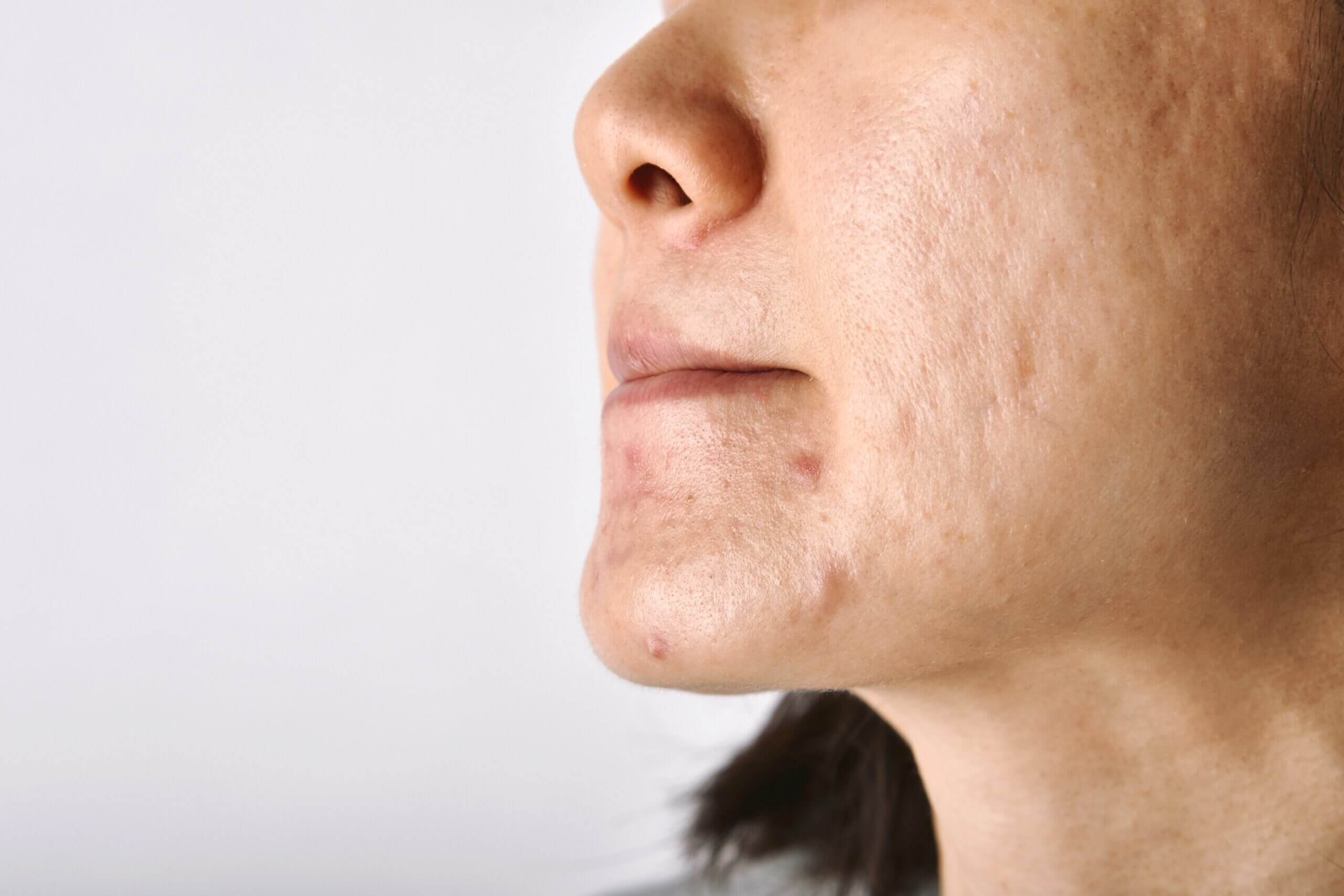
Acne scarring refers to permanent skin changes and textural irregularities that occur as a result of severe or prolonged acne. The deeper the layers of the skin get affected by inflamed acne lesions the higher the formation of acne scars.
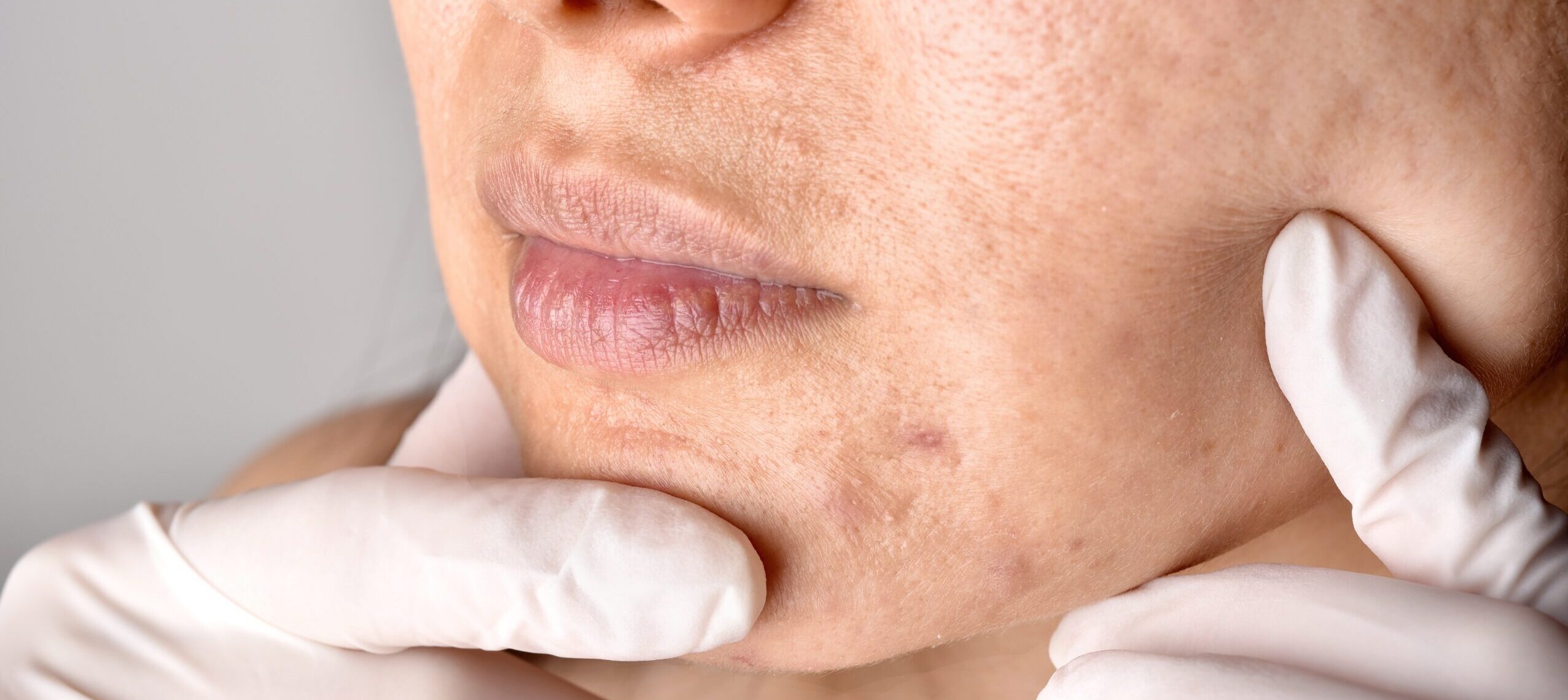
There are various forms of acne scars:
- Atrophic Scars: They are depressed or pitted scars that appear as small indentations on the skin. The most common are ice pick scars (narrow, deep holes), boxcar scars (wider depressions with defined edges), and rolling scars (broad depressions with a wave-like appearance).
- Hypertrophic Scars: These scars are raised and thickened. They occur when the body produces an excess amount of collagen during the healing process, resulting in raised scar tissue.
- Keloid Scars: These scars are raised and thickened, but they extend beyond the boundaries of the original acne lesion and can continue to grow over time.

Not all people who have acne, suffer from acne scars.
There are various treatments to remedy acne scars:
- Topical Treatments: They are products that often contain active ingredients that target skin aging, boost collagen production, and hydrate the skin.
- Chemical Peels: A chemical peel involves applying a chemical solution to the skin, which exfoliates the top layers, revealing fresher, brighter skin underneath.
- Fractional CO2 Laser Resurfacing: Laser therapy for acne scarring is a medical procedure that utilizes lasers to diminish the visibility of acne scars. By stimulating the skin’s natural repair process, the laser treatment effectively reduces the prominence of the scars, making them less noticeable.
- Intense Pulsed Light Therapy (IPL): This therapy uses light pulses to stimulate collagen production and reduce the appearance of acne scars, promoting skin regeneration and a more even complexion.
- Dermal Fillers: Dermal fillers help reduce signs of aging and it is successful in filling mild to moderate lines and folds, thus helping smooth and rejuvenate the skin.
- Microneedling: This treatment for acne scars is a dermatological procedure that involves using a small device called a dermaroller or a microneedling pen to create controlled micro-injuries in the skin. These tiny punctures prompt the skin to heal itself and produce more collagen and elastin, which helps improve the appearance of acne scars.

Book a consultation with us and let our dermatologists and skin specialists guide you towards the best treatment for your concern.
Book an Appointment
Fill in your details below and we will contact you to confirm.

